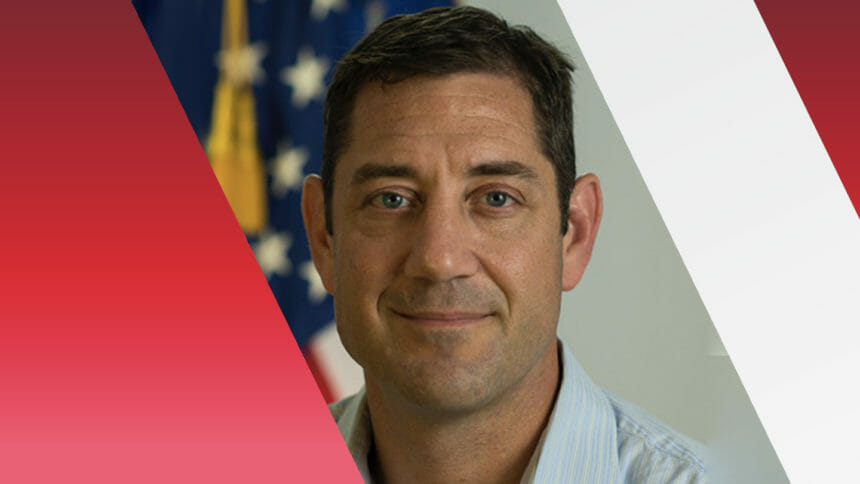
One of the nation’s top nursing home regulators is opposed to broadening exclusions for the use of antipsychotic medications, he told attendees of a national conference Friday.
Asked whether the Centers for Medicare & Medicaid Services would broaden the exemptions it grants providers for using antipsychotics for patients with certain conditions, Evan Shulman, director of the agency’s nursing home division, said he doesn’t agree with that approach.
“We have an exclusion right now for schizophrenia … and you’re asking us to add more exclusions,” Shulman said at a meeting of the American Association of Post-Acute Care Nursing (AAPACN) in Las Vegas.
He said providers needed to more accurately report why they’re giving antipsychotic medications, rather than adjust patients’ diagnoses to avoid lower quality ratings related to use of such drugs. Only patients with schizophrenia, Huntington’s disease and Tourette syndrome are currently excluded from the measure.
Last month, CMS confirmed to McKnight’s Long-Term Care News that it had convened a technical expert panel, or TEP, to review whether more exemptions should be added to the measure; the panel’s findings have not yet been posted publicly. CMS could not provide an updated timeline for that information on Monday.
Shulman, however, implied the current exclusions were working appropriately, and that providers shouldn’t necessarily aim for zero use to push ratings lower.
“We do not expect the antipsychotic rate to be zero,” he said. “There are 15 quality measures. Some facilities specialize in different things. They do better or worse on their QMs. Some do better on antipsychotics, some do worse. Some do better on mobility, some do worse … It’s designed so that a facility can do well in some of the measures, not do well in other measures but still get a high rating.”
But providers have argued that the metric, which is available to the public, has become outdated as approved uses and indications for antipsychotics outside of nursing homes have expanded.
“Just because you don’t have schizophrenia doesn’t mean that that’s not appropriate medication for you,” one audience member at AAPACN told Shulman, to rousing applause.
Shulman said, however, that, after years of reductions, the overall antipsychotic rate had increased during the pandemic. He also noted a significant jump in anticonvulsant medications being given “for having the same effect as, say, a sedative or an antipsychotic.”
Key schizophrenia problems identified
His comments came as CMS continues its audits of facilities using schizophrenia diagnoses. Shulman said auditors have noticed three problematic trends so far: MDS coding for schizophrenia with no documentation at all; documentation from a practitioner that notes schizophrenia but goes into no further detail; and a history of schizophrenia diagnosis with no follow-up assessment or care planning for long-stay residents.
“The good news is that we don’t think all of you, or everyone, every facility, is engaged in this practice where an erroneous diagnosis of schizophrenia is coded,” he said. “But there is a cadre of facilities and it’s just unacceptable. It’s just unacceptable.”
While Shulman encouraged providers to continue moving away from drug interventions and adopt non-pharmacological interventions when possible, he emphasized that it remains within regulation to use antipsychotics where indicated and within regulation — including for some dementia patients.
The CMS focus is on ensuring that providers aren’t taking shortcuts when it comes to appropriate coding and documentation related to the medications.
“The thing that we are asking for, that you will never hear us not promote, is accuracy,” he said. “When we get accurate data and solve the problem of accuracy, maybe we’ll talk.”




